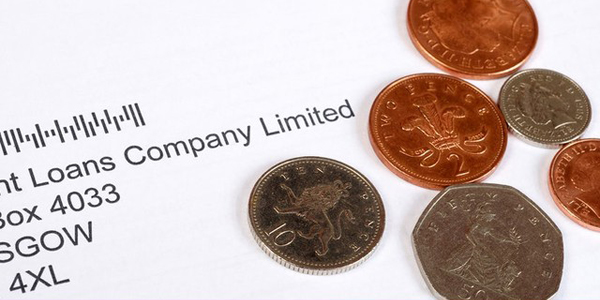Home /
Money Blog
Paying off a 30-year mortgage as if it were 15
Note: You can use any financial calculator to do this problem, but if you want the BEST, you can
get our
10bii
Financial Calculator for iOS, Android, Mac, and Windows!

THE SCENARIO
I've
written recently about
offers I've gotten to refinance a mortgage to a 15-year term rather than the 30-year term it currently has.
There is another option, however, in case I'm interested in paying down my loan more quickly, but I want the option to 'relax' my payments in case I experience an income interruption, extraordinary expenses, or the like.
Namely, I can get a 30-year loan, and then, if I can afford the 15-year loan's payments, I can pay that 30-year loan with the 15-year loan's payments. Doing that will considerably shorten the time it takes to pay off the loan.
My mortgage, regardless of its length, will be for $300,000. The 15-year loan's interest rate would be 4.375%, and the 30-year loan's interest rate would be 4.625%. Both loans amortize fully.
The question: If I were to use the 15-year loan's payment to pay down the 30-year loan, how long would it take me to pay it off?
THE SOLUTION
To solve this one, we need to do two things:
- Figure out the monthly payment amount for the 15 year loan
- Figure out how long it would take to pay off the 30 year loan using that as the payment
First things first, make sure the calculator is using 12 Payments per Year.
Part 1: The 15-year loan
N: 180 (15 years is 180 months)
I/YR: 4.375 (The 15 year loan is at 4.375%)
PV: 300,000 (I'm borrowing $300,000)
PMT: (This is what I'm trying to find)
FV: 0 (The loan amortizes fully)
When I solve for PMT, I get that my monthly payment will be $2,275.86 for this loan.
Part 1: The 30-year loan with large payments
N: (This is what I'm trying to find)
I/YR: 4.625 (The 30 year loan is at 4.625%)
PV: 300,000 (I'm borrowing $300,000)
PMT: -2,275.86* (I'm using the 15-year loan's payment, which I found in Part 1)
FV: 0 (The loan amortizes fully)
* I made sure to type in exactly 2,275.86 to make sure that any trailing fractions-of-pennies didn't throw off my calculation (it would have shaved about half a month off the result).
If I use the 15-year loan's payment amount to pay down the 30-year loan, I'll pay off the loan in 184.90 months (15 years, 5 months).
In real life, this would be the approach I would favor, because it gives me greater flexibility in case I hit bumps in the financial road, but still gets the loan paid off in approximately the same amount of time. In fact, in real life, I don't think I'd pay down a low-interest loan like this any faster than I'm absolutely required to, and I'll cover my reasoning for that in future posts.
What do you think? Would you prefer the 15-year loan (you'd save yourself over $10,000 overall by doing so, by not paying those last five $2.3K payments), or would you prefer the flexibility of taking the 30-year loan and paying it off faster? Or do you have a different approach entirely? Let us know in the comments!
